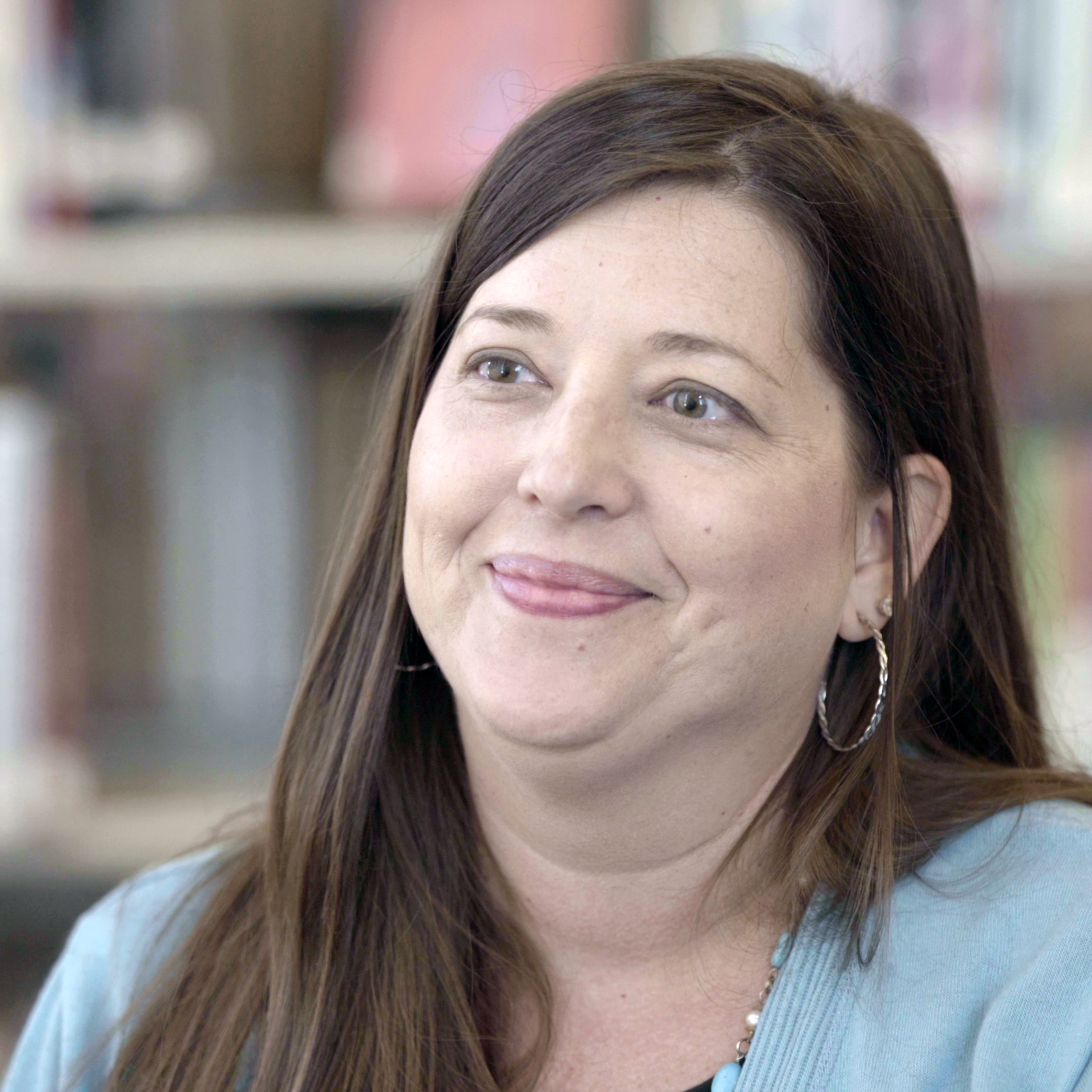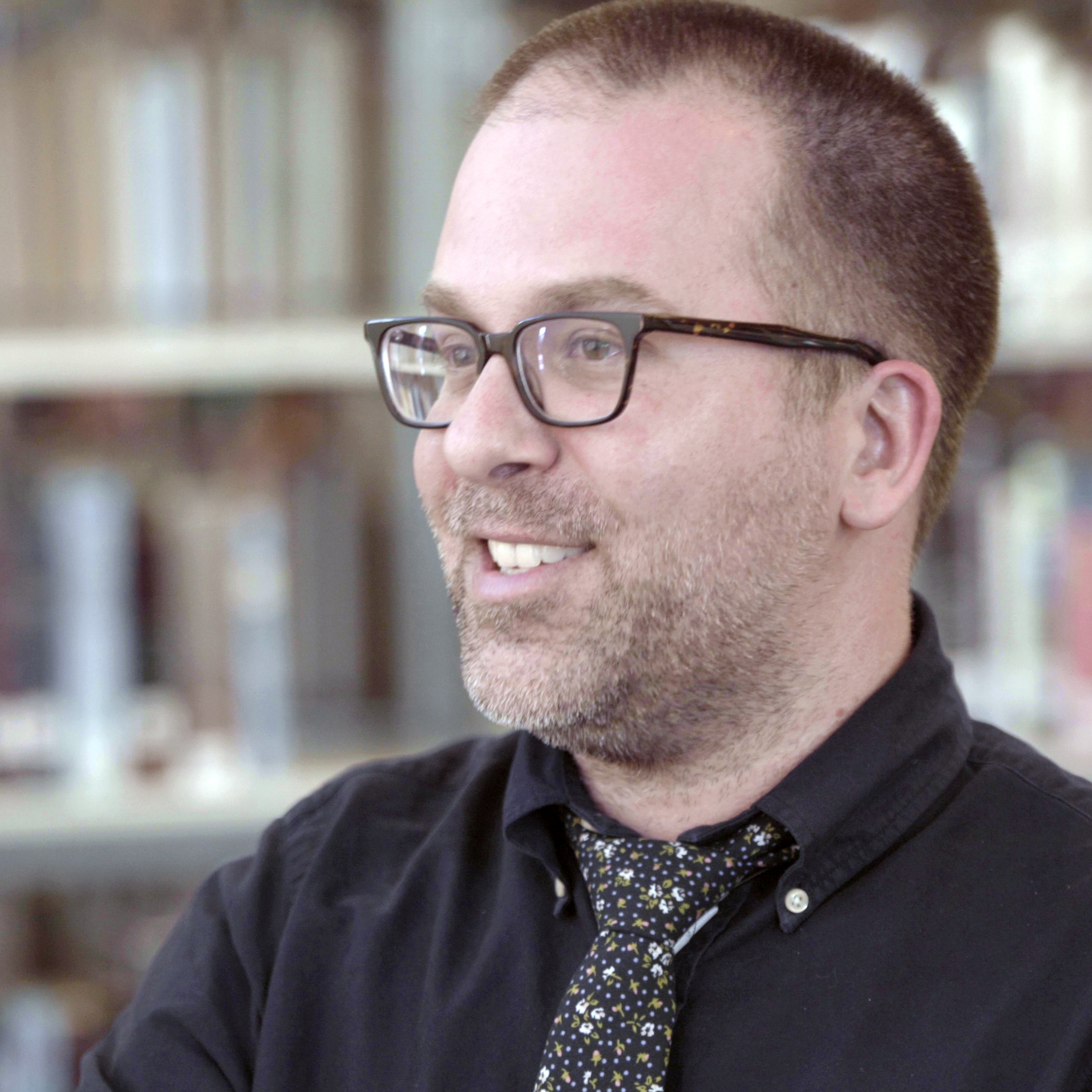School District Q&A


Jennifer Cook, Director of Curriculum K-12, ELA and Social Studies. Matt Coleman, Director of School Improvement.
We had the chance to sit down and talk with Jennifer Cook and Matt Coleman about their experience with Project Based Learning at the Texarkana Arkansas School District.
Q. Jennifer, let's start with you. How did you guys get started on this journey with PBL?
[Jennifer Cook] Well, actually this came as part of a process with our Magnet grant funding, we received some Federal Magnet grant funds, and we knew we were going to pull in Project Based Learning as a piece of that, so we did a little investigating, and we brought in some stakeholders, had some conversations, and got connected in a partnership with PBLWorks in order to pull that off.
Q. That's great. And Matt could you talk a little bit about the demographic, the size of the district and who you're serving?
[Matt Coleman] Sure. Our district is about 4,500 students. Texarkana is nestled right in between Arkansas and Texas. It straddles the line - half the city is in Texas, and half the city is in Arkansas. We're on the Arkansas side of the town. We have a district that's about 75% low income and, generally speaking, it's made up of white students and African American students. We're about 60% African American, and about 40% white. With just a slight percentage of other. We have five elementary campuses that feed into one middle school. Then, one junior high school and one high school.
Q. What's the vision for your school and district around PBL?
[Jennifer Cook] So, as far as PBL in terms of district and school vision, we really see it as a way for our students to realize their potential. It's really a vehicle to drive us closer and closer towards that personalized learning piece and give our students and our teachers and our community this connective power in order to accomplish that together.
Q. Can you speak to the transformation you witnessed, perhaps, with students as they move from a traditional model to PBL?
[Matt Coleman] Sure. What I think it does is it elevates the level of education in a very equitable fashion. We had a conversation just the other day where we had one of those difficult dialogues between leaders and we were pushing back on each other a little bit. One of the leaders said, "I think we are providing opportunities to every kid" and some of us pushed back hard and said, "I don't know that we are in every situation.” We were able to rattle off several example of programs that are great but not every student is necessarily being given that opportunity. Our high school has a great auto body program; it won contests and awards and what have you. But, not every kids is auto body driven. I wouldn't have the first clue of what to do in an auto body classroom. I'd never select that.
What PBL does is it offers these really hands-on experiential opportunities for kids in every classroom across the board. Across the campus. It lets them find what that auto body experience is for them. It doesn't force them into an experience that they don't want to live in. It lets it happen organically and lets them find it for themselves and discover what they really love and what they want to do and find that potential for themselves. That's equity to me. That's seeing it across the board and meeting kids where they are and taking them to higher levels.
Q. Is there an example of a student that has had a real transformational experience with PBL that you can share?
[Jennifer Cook] Well I’ll tell you, it’s whenever we have our expo, a showcase where students get to come and present projects they've been working on to the community. It's a community-wide opportunity, so it's not just presenting to their campus anymore. This past year we invited some industry folks to come in. We had the chamber of commerce, industry owners, and local business representatives there. It was a special invitation-only opportunity for them to come in and see the projects and hear from the kids as a part of presenting soft skills development.
I looked up at one moment and there was this group of first graders trying to explain their project and they were so passionate. One littler girl was explaining her project to the president of the chamber of commerce and he leaned in, bent over to their level, and they were all swarming and living in it. It was so amazing to see the look on his face, and student faces, and to see how proud they were and how much they had to offer and how invested he was in hearing what they had to say about their project.
Matt Coleman] I can remember in a high school classroom when myself and a couple other campus leaders were doing some walk throughs. We observed a classroom in the middle of a project, and a couple of us were talking to the teacher afterwards. We made a comment about a group that was working over in one corner and we noticed that kid was really on top of it, he was kind of running that group. She said, "Yeah, you know, funny thing about that. That kid has Asperger's syndrome. He's an autistic kid. He's not nonverbal, but he's very low verbal, very rarely talks, but he has a lot of artistic ability."
The part of the project they we're working on was to develop a visual representation as part of their presentation. And she said, "He just raced to the room. They've been working on it for the last two days and these two days he's come alive in a way I've never seen before all year long. He just took charge of the group and they let him. He led the group and did a lot of the designing of it."
So that to me, it was a very small moment. Was it a complete transformation for that one kid? I don't know, but I know it transformed those two days for him. Where for two days he got to shine. That opened up that opportunity for him because of some of the structures that were put in place by that teacher because of the training she received doing PBL.
Q. If you were to encounter someone just at the beginning of their journey with PBL, what advice would you give them?
Jennifer Cook: I think first and foremost is to have as many voices involved in the process as you can and really try to look at it from two lenses: structures and the system that need to be a place for support, as well as the energy that comes from the grassroots side of it. I think you need both pieces. So, really finding ways to keep the fires burning there at that grass root level, but at the same time, providing the structures of support at the systems level. In order to really feel like you are moving forward and everybody's on the same page, I think you have to have both sides.
[Matt Coleman: I would just add that I don't feel like you should ever lose faith in something that you know is right, doing right by kids. There are going to be some bumps along the road and there are going to be some difficult moments when it's not perfect. A lot of those first projects are not going to look the way you want them to look in your head. We had that struggle where you do the training, and it really set your heart on fire. You're really ready to go, you're very excited about it and then you see some of the first projects that come out and there are some problems with them.
It's a little frustrating, to be quite honest, but you have to back up and remember that this has been well thought out. There are protocols and systems to help this sense of continuous improvement. So, where you start is not where you will be and that's a very important thing to always remember.
We could look at projects that we first rolled out of the gate and within a semester, they looked better. Within a year, they looked even better. Just every time a teacher lined up to do it again, it was looking better because of the systems that are in place to continue to reflect on the process and to have that professional learning loop that teachers go through.
They learn how to improve and revise their projects, just like students do when they're in the middle of the project. The teachers are going through the same process and they're revising, and they're reflecting on it. They're getting feedback from one another, and from administrators, and from PBL coaches, and from students. So to me, I would just really stress to people to trust the process.
[Jennifer Cook] Just hang in there.
[Matt Coleman] Yeah, hang in there and let it work, it will work. Remember that you're doing something that is the right thing to do for the betterment of every student that you're serving.
